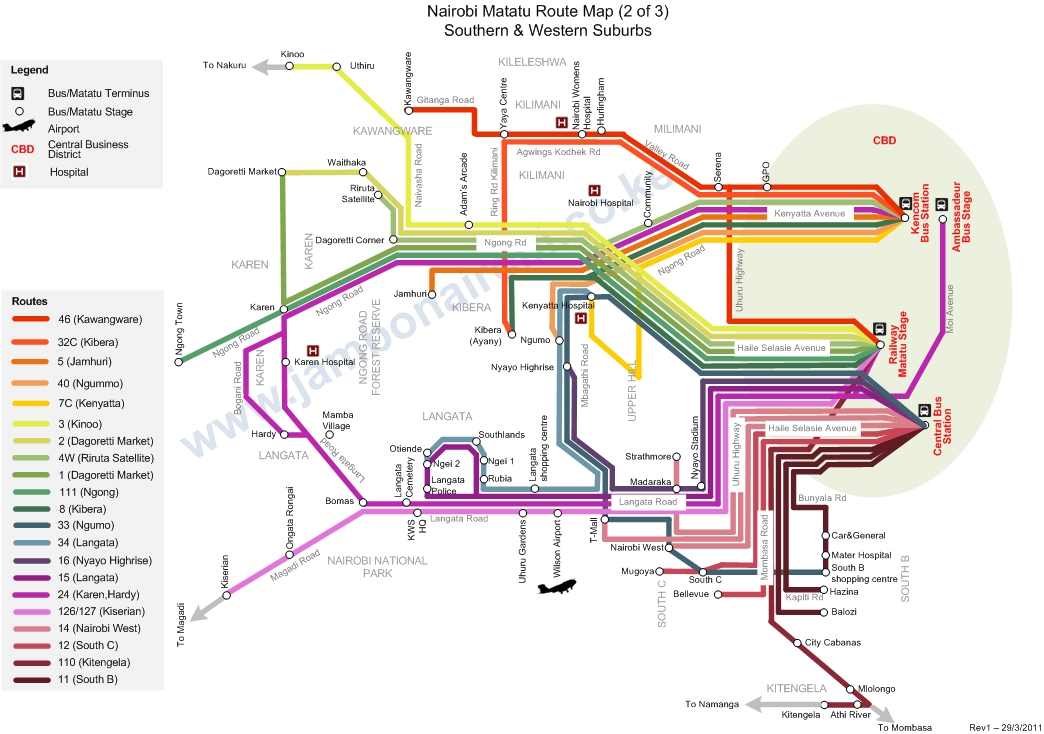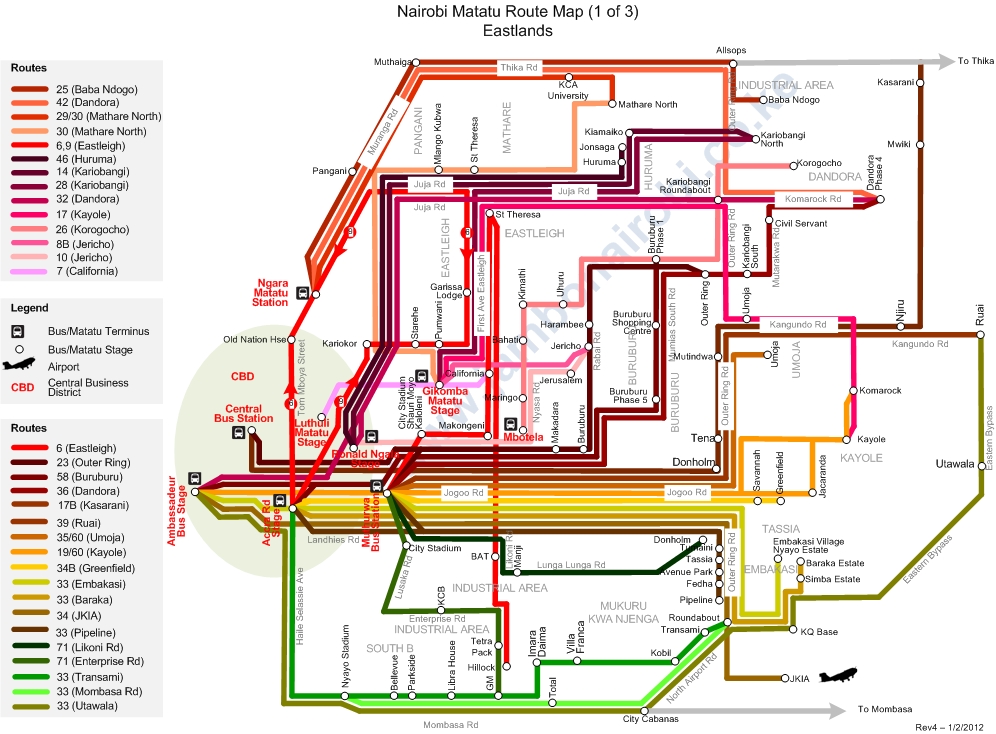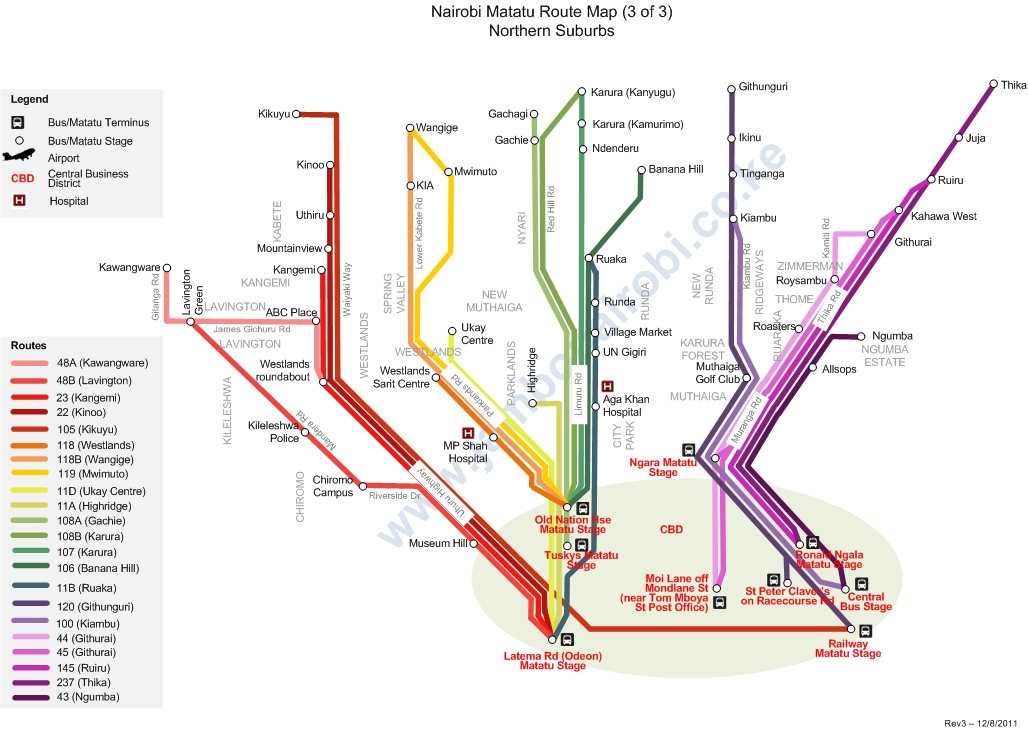The year 2014 arrived so fast, and i did not have the time to have my traditional reflection on the past year up until today. In many perspectives the year 2013 has been a year to bring order into chaos. I just had left Ethiopia and moved back to Switzerland, to take time to relax, but also get healthy again. It was a year, to reflect on the meanings of life, of the meaning of working in a developing country, of dedicating one's life to rural areas and its people. I traveled the world, namely Philippines, India, Italy, the Netherlands, Kenya for job interviews and consultancy work and to Ethiopia for
inside travel, a social enterprise that uses tourism to bring new opportunities to rural communities off the classical tourism route.
My life in 2013 felt a bit like visiting big African city, such as Nairobi or Addis, trying to figure out where to go, and especially how. You know there are bus lines, but you don't know where they stop, where they go, nor where you need to switch. You end up walking around lost, talking to people, trying to figure out what's the best way to go further. So that's what i did, for almost 6 months, working as a consultant, checking my option and figure out where my life should lead me. By mid of the year, i had a clearer vision of where my life could go, with four job offers on the table. Suddenly, i had to choose. My health was good again, and my heart felt very strong about going back to Africa. My two years of Ethiopia, taught me that i will never save Africa, nor do these people need me. But Africa, especially Kenya, has a lot to offer, there is an emerging economy with a generation that has the chance to reinvent a modern Africa. It is a place to be part of what is yet to come. By end of 2013, my cargo was ready, and my new year day started with a one way flight to Nairobi, where i join ILRI as a GIS analyst.

So I start 2014, knowing which bus line my life is taking, i have a clue about which route it is driving, but not where it will ends ups. I guess in life one never knows. Funnily, at the same time, i found the matatu (bus) line maps for Nairobi, which helped me a lot to navigate through this crazy city during these first days. And it has worked, i got around in town smoothly.
So I wish you a very happy new year full of interesting paths, hoping that one of them will lead you to Nairobi to visit me. Hopefully the matatu maps will help you to reach my place :-).
And just in case you would need direction to other areas of the town
Find the map
here . (jambo nairobi)









